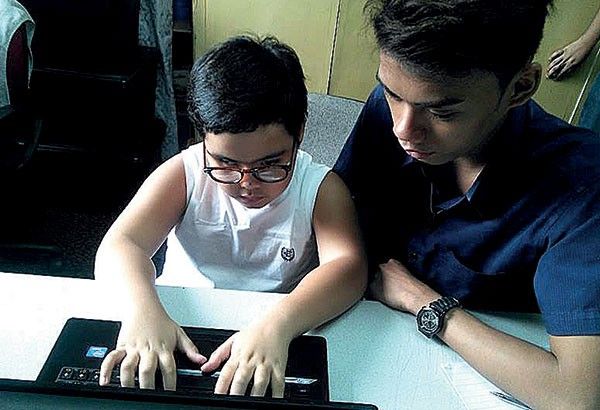Government urged to address visual impairment early

MANILA, Philippines — Health care industry stakeholders called on the government to implement its own policy for the prevention of blindness program (PBP) and address visual impairment at the earliest stage, making this an effective strategy to prevent the loss of eyesight among Filipinos.
The call was issued by stakeholders, which included the Pharmaceutical and Healthcare Association of the Philippines (PHAP) in relation to the commemoration of World Sight Day, held every year to focus attention on the global issue of eye health, last Oct. 13.
The PBP is a comprehensive eye and visual program of the Department of Health (DOH) designed to reduce the burden of avoidable visual impairment by ensuring equitable access to quality eye care services.
“We can all come together in helping people living with visual impairment or visual problems by ensuring that the PBP has adequate funding, especially for outpatient services, and consistently implemented at the national level and across the different local government units,” said Dr. Diana Edralin, PHAP president and general manager of Roche Philippines.
In the country, an eye disease study conducted by the Philippine Eye Research Institute showed that more than two million Filipinos had visual impairments as of 2018.
Dr. Jubaida Aquino, a vitreo-retina specialist at St. Luke’s Medical Center in Quezon City and East Avenue Medical Center, where the DOH Eye Center is located, said it is important that everyone gets screened for eye problems.
“According to the DOH, 80 percent of blindness is avoidable. But in 2011 there were an estimated 600 thousand blind persons in the Philippines, and about half of them went blind because of cataracts,” she noted.
As of 2018, more than one million Filipinos were found to have cataracts – the top cause of visual impairment in the country. The second cause is error of refraction.
“What is more worrisome is that among the people covered by the 2018 eye study, many who did not have visual impairments were found to have glaucoma and diabetic retinopathy – diseases that could lead to blindness,” Jubaida pointed out. “This is why it is so important to have vision screening early on, and followed by the corresponding treatment.”
In the Philippines, the National Vision Screening Act was signed into law in 2019, establishing a vision screening program under the Department of Education, for children in kindergarten. The goal is to address eye diseases at an earlier stage or at least stop the disease from progressing to a point where it becomes a burden for patients and their families.
“Early detection, stopping the progression or even reversing the disease would be ideal,” Edralin said.
“We don’t need pity; we need equal opportunity,” said Cyrille Anne Cabana, who was diagnosed with aniridia, which refers to the partial or complete absence of the iris or the colored part of the eyes, when she was four months old. Her vision has deteriorated over the years.
Cabana is a patient leader who founded a group called Aniridia Philippines.
“I hope institutions like workplaces and schools would stop discrimination and simply comply with existing laws on disabilities. Accept blind people based on their potential and skills,” said the 24-year-old Cabana who is from Bacoor City in Cavite.
“Blindness is never a hindrance towards success,” she added.
- Latest
- Trending




























